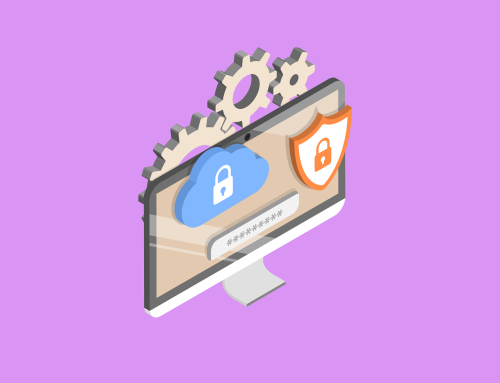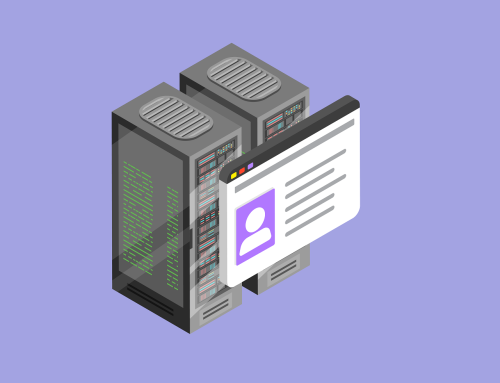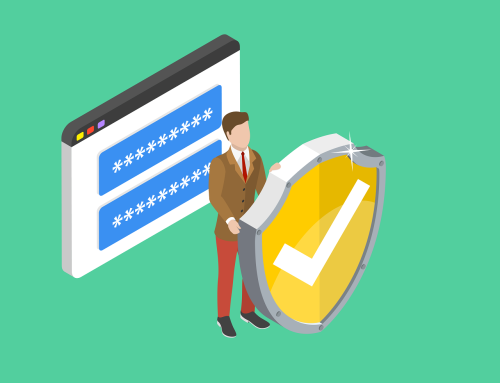Training Your Employees on Cybersecurity
Cybersecurity is the practice of protecting systems, networks, and programs from digital attacks.
Organisations can implement robust, secure systems but with little or ineffective cybersecurity training policies in place for your employees, organisations become more vulnerable to outside attackers.
Why is Cybersecurity Important
Cybersecurity protects all categories of company data from theft and damage. This includes sensitive data, personally identifiable information, personal information, intellectual property, data, and information systems.
Widespread poor configuration of cloud services along with increasingly sophisticated cyber criminals means the risk that your organisation suffers from a successful cyber-attack or data breach is on the rise.
With a sizable portion of the workforce still working remotely as part of hybrid working policies, cyber-attacks continue to be on the rise. Research has shown that there has been an alarming 105% surge in ransomware cyberattacks in 2021.
These cyber-attacks can come from anywhere and anyone, while also being difficult to predict.
Discussed below are some the most effective ways of ensuring your employees are well versed in best cybersecurity practices as well as how to limit risk.
Management Buy-in
Without management on board with creating a more secure working environment, your organisation and employees are left more vulnerable to a potential cyberattack.
Appropriate investment in training and cybersecurity awareness allows the organisation to not just limit the frequency of attacks, but also to be more prepared in the event of a successful attack.
Failure to train employees appropriately can lead to more effective attacks, data breaches and potential monetary punishments down the line.
Address Common Cyberattack Techniques
There are many different ways groups or individuals can cause harm to an organisation’s data security for a variety of reasons. Employees should be aware of such methods and look to avoid falling for them.
Phishing emails are one of the most common cyberattack methods, where fraudulent emails pose as a reputable recipient in order to induce individuals to reveal personal information, such as passwords and credit card numbers.
Employees need to be vigilant regarding email formats, sender addresses and link legitimacy to ensure they don’t fall for a phishing email.
Password Security
Good password security can save your organisations against obvious attacks. Your organisation can take simple steps to ensure passwords are strong.
Passwords should be long, refrain from using dictionary words and be difficult to guess. They should also include the use of special characters, numbers and a mixture of lowercase and uppercase letters.
Using the same password for multiple logins should be avoided. It’s best practice to ensure employee passwords are updated regularly.
Regular Courses
Keeping your employees up to date with the latest trends and threats with both online and in-person courses is one of the many ways to drive a culture of good cybersecurity in your organisation.
There is no shortage of both free and paid cybersecurity courses available to businesses around the world. These stretch from general cybersecurity lessons to specialised cybersecurity specific to certain industries.
It’s important that employees’ memories are refreshed regularly with frequent courses being conducted throughout the year.
Test Employees
It’s always important to keep employees on their toes regarding cybersecurity. Sending test phishing emails is a great way for an organisation to see if employees can spot malicious emails. Reports and analytics can be gathered from these tests to get a better understanding of where the organisation needs to improve cybersecurity awareness.
Employees knowing if an email is genuine or not is a great way of limiting the potential of a phishing attack in your organisation.
Has your organisation embarked on a project that handles sensitive customer data? Be sure to get in contact with us today on +353 1 8041298!









